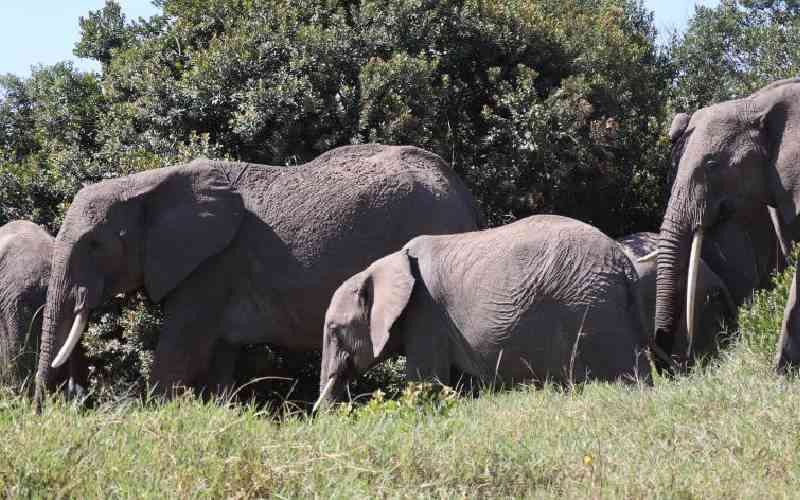×
The Standard e-Paper
Stay Informed, Even Offline

The recent remarks by Botswana President Mokgweetsi Masisi regarding the potential export of elephants to Germany have ignited a long-overdue debate that the world has evaded for far too long.
Regardless of whether his comments were perceived positively or negatively, they serve as a stark representation of the realities faced by many African countries grappling with conservation challenges on a monumental scale.